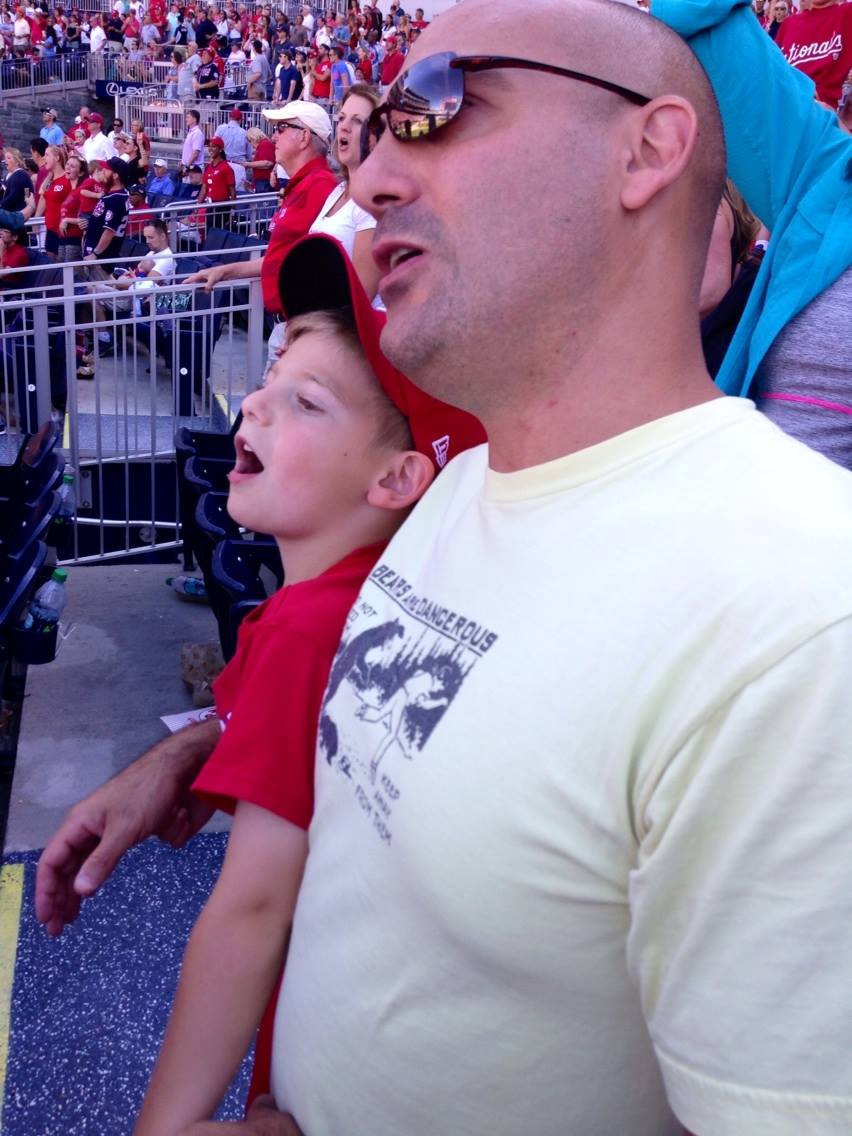Tags

This morning’s baseball ‘news’ is that both sides remain deadlocked after MLB rejects the lastest Players Association proposal. I suspect (hope?) there will be some last minute agreement between the players and owners. Likely an 80+ game season without fans, at least initially, in three realigned divisions with an expanded playoff scenario, with many built in safety measures , re COVID-19, and with a pay scale that won’t satisfy either side but will allow the game to continue.
My two cents, without getting into the weeds of the negotiations – who’s right, who’s wrong – is that both sides need to step back, take a longer view of where the country is now, where baseball may be headed, and come together to preserve some semblance of the game for now.
As is so often the case, Joe Posnanski, one of my favorite baseball writers, hits on what is essential in his blog post yesterday: The Future of Baseball.
Joe’s wordy, but knows and loves baseball and most often seems to get things right. This article is not another lecture about baseball as a dying sport, but really a plea for understanding what is at stake.
In part, he writes:
“What you see, I believe, is a shortsightedness, a submission to the moment, a perpetual fight over the game’s riches. This last part, in particular, has played out over the last few weeks while a global pandemic rages on, and do you think most people care if it’s the owners or the players who are at fault? No. Most people just see that people can’t come together, even now, for this game that they’re all supposed to love.
“So who can blame someone for asking: If that’s how they treat this game, why in the hell should I care?
He writes about Dayton Moore, a friend with whom he disagrees about many things, but about baseball, Joe thinks Moore gets it right:
“THIS is how baseball should be thinking about everything, not just now but always: How can we celebrate baseball? How can we reach new audiences? How can we bring live, exciting baseball to more communities (and for less money)? How can we show young people how much fun the game is to play and watch and follow? How can we get into communities? How can we make a difference? How can we draw more young people?
“There aren’t easy answers. But there are no answers if you don’t take the time to ask the questions. If I was commissioner, I would put Dayton Moore in charge of the game’s future.”

Indeed.

